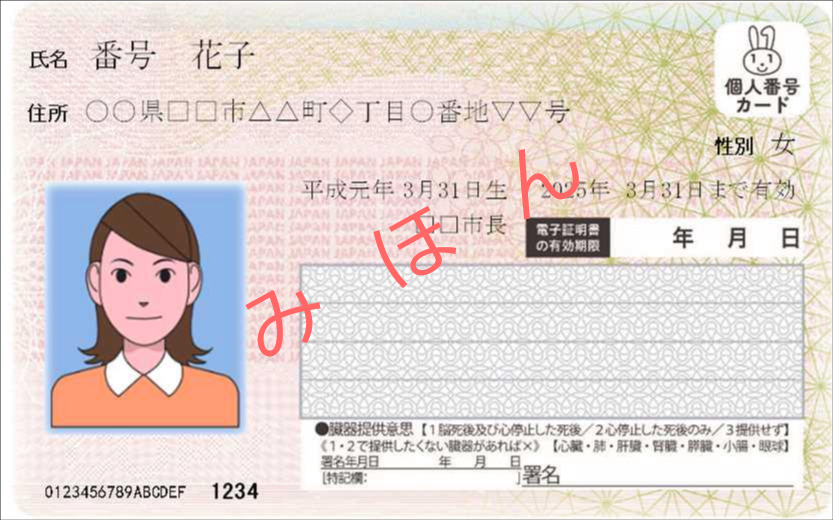One of the key things you’ll need to do if you’ve moved to Japan and are working is figure out how the taxation system works. Japan, like many countries, levies taxes on income and earnings, as well as charging for certain local services and applying a consumption tax on goods.
Japan’s tax year runs from January 1 to December 31 and the National Tax Agency is responsible for taxation in the country. The main thing expats will have to be mindful of is which of the three taxation categories they fall into:
- Non-residents: those living in Japan for less than a year and without a primary residence in Japan, who will only pay tax on income earned in Japan
- Temporary residents: those with a residence permit for a year or longer will need to pay tax on Japanese income plus any foreign income paid to their Japanese bank account
- Permanent residents and citizens: will pay tax on their global income
You can check the list of tax treaties Japan has with other countries that prevent double taxation on individual income.
Taxes and Tax Rates in Japan
Here is a brief list of the types of tax you will have to pay in Japan, along with standard rates. If you qualify as a non-resident, you will pay a flat tax rate of 20.42% but won’t get any tax deductions.
- Income tax: you will have to pay tax on your salary plus any business profits, investment profits, rental income, or pensions, although you will get a tax-exempt allowance (currently 580,000 yen). Japan has a progressive rate of income tax that ranges between 10-45%.
- Corporate tax: paid by incorporated businesses in Japan at a standard rate of 23.2%, although smaller businesses can qualify for reduced rates.
- Consumption tax: the Japanese VAT paid on goods purchased. The standard rate is 10%, although a reduced rate of 8% is paid on goods such as most food items.
- Import/export taxes: standard rate of 2.5% on most items.
- Property tax: paid when you buy Japanese property, including acquisition tax, registration tax, and stamp duty.
- Capital gains tax: payable if you sell a property in Japan, at the rate of 39.63% of the profit if you’ve had the property for less than five years, and 20.32% if you’ve had the property for longer.
- Municipal taxes: charged by local authorities for service provision, usually totalling up to 10% of income.
- Road/vehicle taxes: paid if you drive a motor vehicle in Japan, with amounts depending on vehicle type, use, and engine power.
How to Pay Tax Owed in Japan
Most employers and providers of the likes of pensions in Japan withhold tax from your gross monthly payments, meaning that you won’t have to deal with a tax bill yourself. However, if you are self-employed or have earnings aside from your main job, you will usually have to submit a tax return and make payments for any tax owed. It’s a good idea to check your tax filing obligations with the National Tax Agency if you’re unsure about this.
If you are liable for an annual tax return, you will need to submit this by March 15 in the year following the tax year. You can file using the government’s e-tax system or fill in the necessary paper forms available from the tax authorities. Your tax obligations and payments will be linked to your 12-digit Japanese MyNumber.
If you have an e-Tax account, you can use this to make your tax payments.
Bear in mind that there are a number of allowances, deductions, and credits that you can apply in order to reduce your tax bill, for example expenses, insurance premiums, and charity donations. Check the government website for details.
Useful links
National Tax Agency
Ministry of Finance

